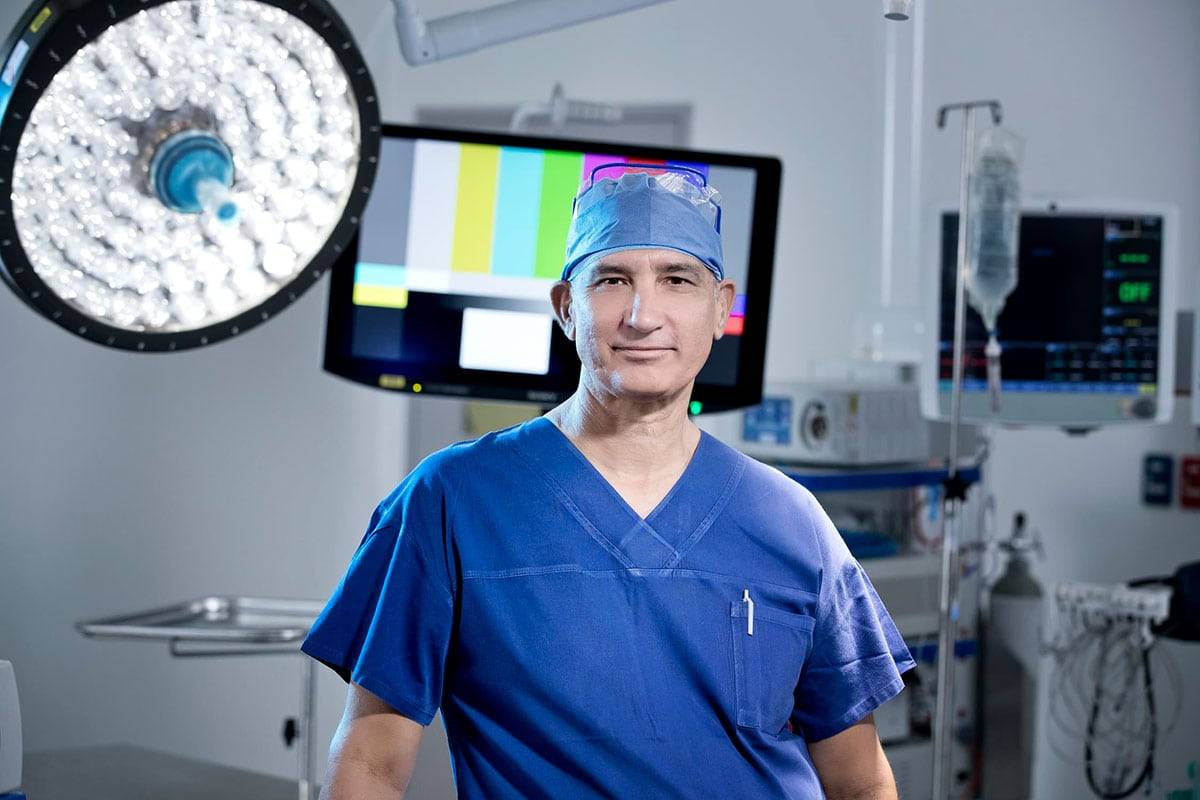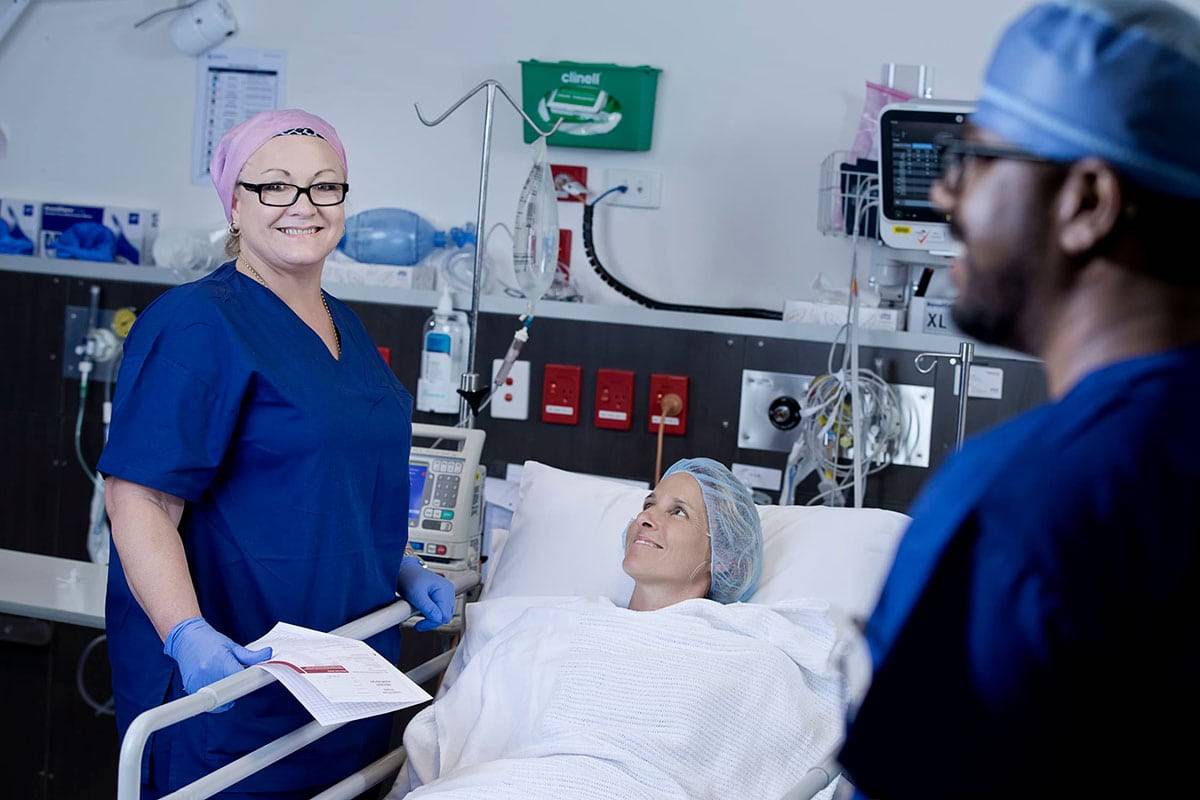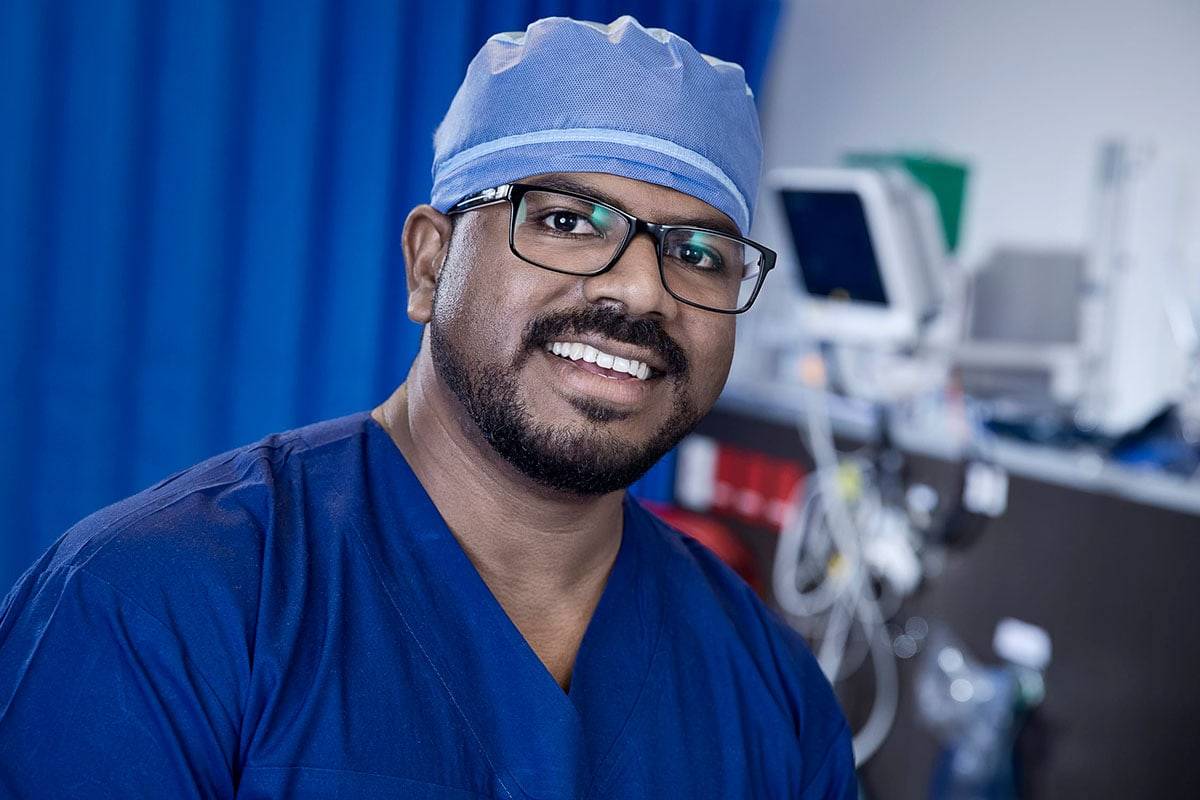Welcome to
Self Pay surgery
Now is the time to fast-track your treatment within our private hospitals.
Pay for your treatment without health insurance.
Join the Self Pay Surgery revolution.
NO COVER, NO WORRIES






Why choose Self Pay Surgery?
Backed by one of the largest healthcare providers in Australia with a long standing reputation for exceptional quality, fast treatment times, and excellent patient outcomes.
KNOW YOUR OPTIONS
Better Value: Self Pay Surgery is all about providing you with all your surgery costs up front.
No Obligation: Meet your surgeon to discuss your options.
ON YOUR TIME
Flexible scheduling: We guarantee we will book you an appointment to see a surgeon in 72hrs.
No delays: Your surgery, your time - no wait list.
TOTAL CLARITY
Better outcomes: Quality accredited facilities, surgeons and clinicians; not question marks or blind hope.
No hidden costs: Fixed price surgery quote, regardless of the outcome, from start to finish you do not pay any extra.
THE RIGHT PRIORITIES
People First: You get the right care at the right time at the right place.
No Excuses: Open dialogue and honest outcomes; we are committed to your care.
FLEXIBLE PAYMENTS
Payment Plans: You can pay in instalments prior to your surgery, or use one of our Pay Later providers for a customised plan.
No Worries: Choose from one of our Pay Later finance providers for the interest free term that suits your surgery cost. Or use your superannuation.
.
Why selfpay?
Our Surgery Packages
Help
here to Help

How can we help you?